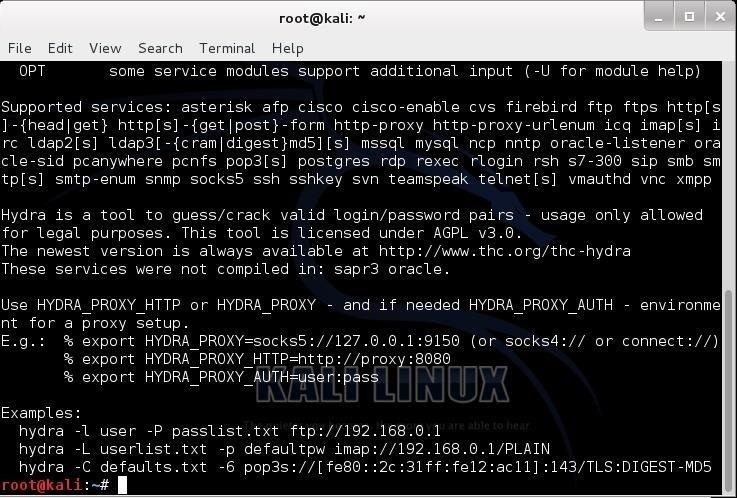Python Md5 Brute Force

The default implementation of Python (called CPython) uses a (GIL) that effectively only allows one thread to be running at once. For I/O bound multithreaded applications, this is not usually a problem, but for CPU-bound applications like yours, it means you're not going to see much of a multicore speedup. I'd suggest using a different Python implementation that doesn't have a GIL such as Jython, or rewriting your code to use a different language that doesn't have a GIL. Writing it in natively compiled code is a good idea, but most scripting languages that have an MD5 function usually implement that in native code anyways, so I honestly wouldn't expect much of a speedup between a natively compiled language and a scripting language.

Note Feeding string objects into update() is not supported, as hashes work on bytes, not on characters. Constructors for hash algorithms that are always present in this module are sha1(), sha224(), sha256(), sha384(), sha512(),, and. Md5() is normally available as well, though it may be missing if you are using a rare “FIPS compliant” build of Python. Minecraft Modern House For Mac here. Additional algorithms may also be available depending upon the OpenSSL library that Python uses on your platform.
On most platforms the sha3_224(), sha3_256(), sha3_384(), sha3_512(), shake_128(), shake_256() are also available. Sha224 ( b 'Nobody inspects the spammish repetition' ). Hexdigest () 'a4337bc45a8fc544c03f52dc550cd6e1e87021bc896588bd79e901e2' hashlib. New ( name [, data ] ) Is a generic constructor that takes the string name of the desired algorithm as its first parameter. It also exists to allow access to the above listed hashes as well as any other algorithms that your OpenSSL library may offer. The named constructors are much faster than and should be preferred. Essential Deep House Vengeance on this page.
I've made a brute force password cracker which works. Python - Brute force generator. MD5 brute-force attack.
Using with an algorithm provided by OpenSSL. Changed in version 3.1: The Python GIL is released to allow other threads to run while hash updates on data larger than 2047 bytes is taking place when using hash algorithms supplied by OpenSSL. Digest ( ) Return the digest of the data passed to the method so far. This is a bytes object of size which may contain bytes in the whole range from 0 to 255. Hexdigest ( ) Like except the digest is returned as a string object of double length, containing only hexadecimal digits. This may be used to exchange the value safely in email or other non-binary environments.